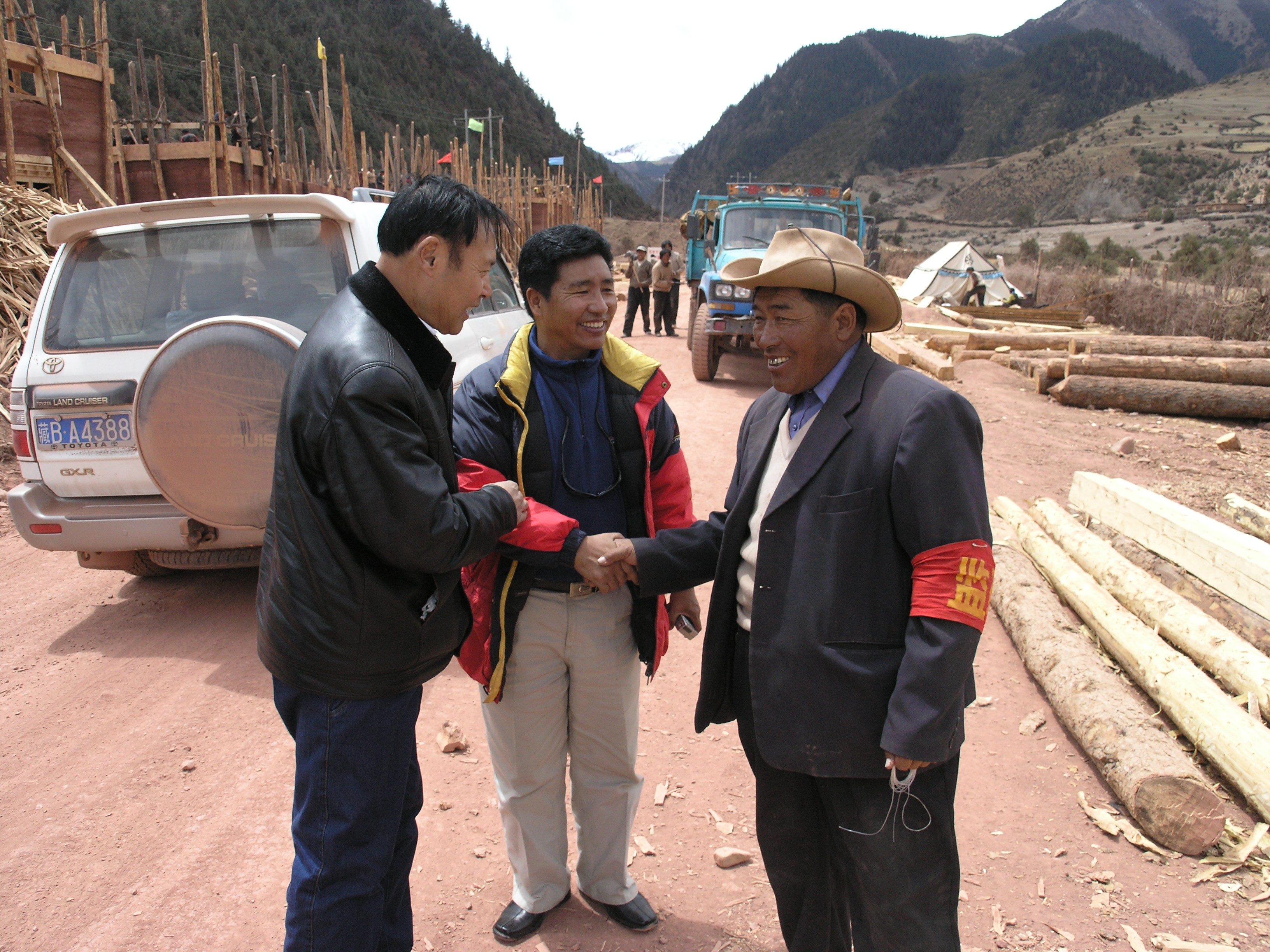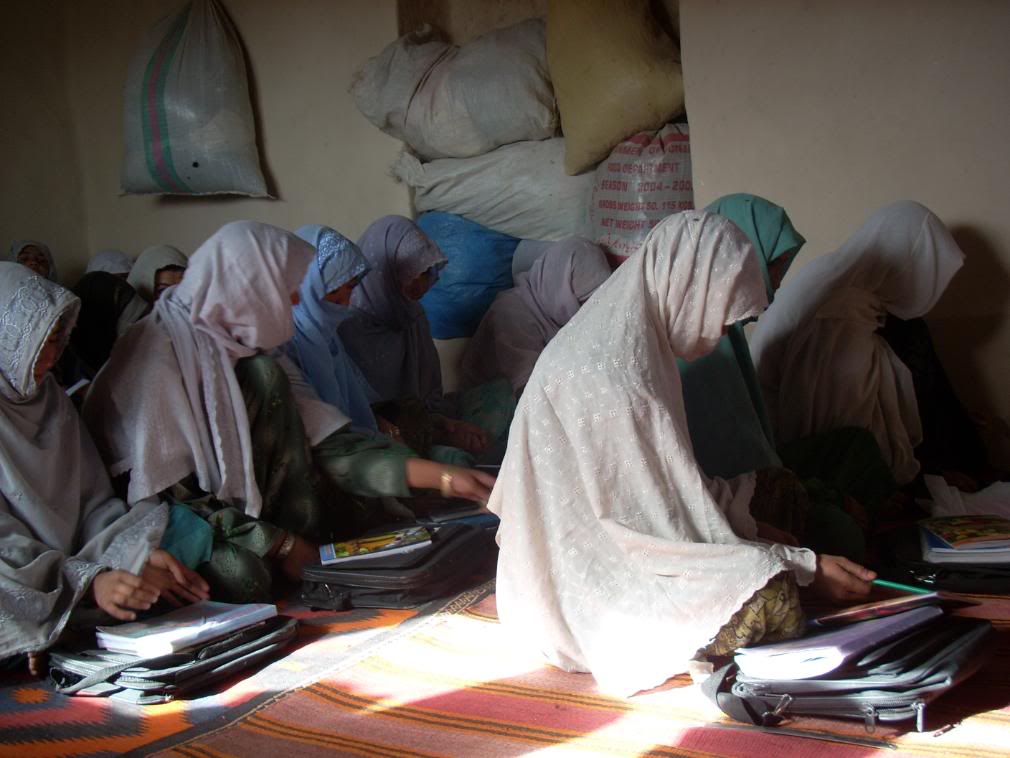4 Key Principles
Necessary Conditions for Change
Future Generations researchers and colleagues have been monitoring community-based development and conservation programs worldwide to examine why some programs have succeeded and others have failed. This research concludes that in all cases of success, in which the program has been both sustainable and has gone to scale, four determinants can be found. In all these cases, successful community change resulted from a set of necessary conditions, which the SEED-SCALE process has described as four key principles.
How We Work
4 Key Principles
Going to Scale
Sustainability
Principle One: Build from Community Success
People’s energy and creativity expand as they realize that they are capable of controlling the challenges in their lives. One success becomes the stepping stone for subsequent successes and generates community confidence and forward momentum.
Building on community successes is not the customary approach to social change. Professionals, government officials (and indeed the communities themselves) typically focus on the problems, and a long list quickly develops: poverty, the bad roads, poor schools, political, ethnic, or religious factions, etc. Focusing on the problems emphasizes the deficiencies of a community instead of its existing strengths and capacity. The consequence is to beat the community down through what amounts to amassing the evidence that the community is incapable of solving its problems. The ensuing solution is for an outsider to step in and solve this litany of problems, creating a cycle of dependency.
Identifying and then building on successes, however, is an approach that focuses on building upon the existing strengths in a community. This is a forward-moving constructive effort that focuses attention on community assets rather than needs. Action is then based on an assessment of what is possible, rather than what “needs” to be done. Costs of development go down when attention turns to building on assets, rather than attempting goals that require massive influxes of resources from outside.
Principle Two: Three-way Partnerships
Community energy seldom mobilizes by itself. Communities need help from officials, who can adjust policies and regulations to facilitate cooperation among factions and channel external resources. Communities also need help from experts who can build capacity by training, introduce new ideas, and help monitor change.
Our long-term studies of community development worldwide show that success results when communities work from the bottom up, when officials work from the top down, and when experts work from the outside in. All three roles are needed. When governments create enabling policies, change can accelerate in a cost-efficient way across entire regions. When appropriate experts are involved, development ideas are up-to-date, and fit the local ecology, culture, and economy. When communities are true partners (rather than simply being manipulated by governments or NGOs) then these communities can act more effectively to redefine their futures.
Relationships between these three partners must be flexible, and need continuing adjustment. Many projects start out working well, but then flounder because participants do not understand that their relationships need to evolve. Initially, entrepreneurial leadership is important. In the middle stages, expert-led training, monitoring, and experimentation guide the process, with appropriate midcourse corrections. Later, structured systems will better help communities expand vision and capacity. And to facilitate this phase, officials and experts must shift their roles from control to support of community action.
 FG's Nawang Gurung brings together a government official with a community leader on a conservation project.
FG's Nawang Gurung brings together a government official with a community leader on a conservation project.
Principle Three: Evidence-based Decision-making
Action is effective when grounded in objective data. Lacking such data, participants will make decisions on the basis of transitory opinions. These tend to be most influenced by whoever talks most convincingly, or whoever holds more power at the moment. Lacking data from local situations, decisions are made on information from more distant situations—which may or may not be relevant. Factions polarize around differing opinions, but with accurate local data, and thoughtful guidance from officials and experts, differing community factions can find an objective common ground for working together.
While the principle of basing decisions on local data makes sense, accomplishing this goal is often compromised. The SEED process readily adjusts to local capacity, creating an easy-to-do technique by which every community each year can gather data relevant to its needs. Data gathering (especially using the key indicators of a SEED survey) is a process that can start simply and develop great sophistication over time.
Principle Four: Changes in Community Behavior
People can come together in partnerships; they can agree on objective data; but, to achieve lasting results they must also change behaviors. While changing behavior for the community may start simply by gaining new skills, those in positions of power—community leaders, officials, or experts—face a more challenging requirement, changing their behavior to share power. This means giving up exclusive control, shifting to guidance that empowers rather than acting to foster dependency.
For example, at first community members must be trained how to execute their tasks. But very soon, community members must be allowed to make mistakes as part of the developing process. After that, officials and experts must rapidly let go, and not just pretend to do so. This shift is especially difficult, but it can be brought on systematically if the seven steps of the community action cycle are repeated each year.
When officials and experts show some humility, community enthusiasm becomes contagious. A feedback loop creates new expectations and standards for everyone. As one change supports another, social pressure builds, and those who do not cooperate are generally bypassed or overrun by the community’s momentum. This momentum will eventually redefine the entire community’s collective future.
 Participants in one of Future Generations' mosque-based school programs in Afghanistan.
Participants in one of Future Generations' mosque-based school programs in Afghanistan.

Contact
400 Road Less Traveled
Franklin, WV. 26807
United States
Call (304)358-2000
Email: info@future.org
